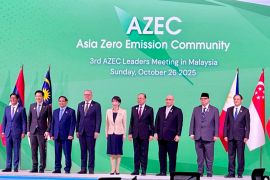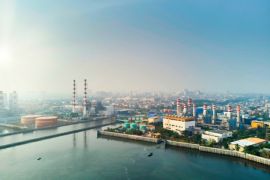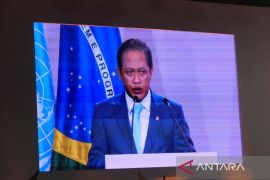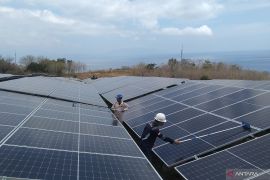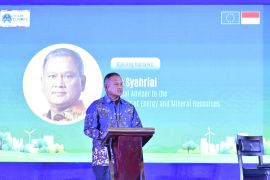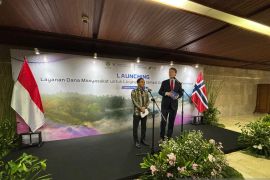"It is impossible to achieve net-zero emissions if the forestry and land-use sectors are not properly regulated because if the sector is not improving despite maximum effort on our energy sector, the net-zero emissions goal would not be achieved," she affirmed during a webinar on Indonesia's biofuel policy, accessed from Jakarta on Tuesday.
The achievement of the B50 biodiesel goal must be done carefully to prevent a crude palm oil supply deficit that might induce the palm oil industry to expand plantations that could damage more forests, the researcher said.
Related news: RI formulates energy transition roadmap to achieve net zero emissions
The government and industry actors could increase palm oil production by rejuvenating existing palm plantations and targeting to cover around 180 thousand hectares of palm plantations every year, she added.
"We are currently engaged in a study to reuse cooking oil used by the restaurant industry as bio-diesel compound," Halimatussadiah informed.
Maximizing palm oil supply from existing plantations without sacrificing natural forests has become more urgent, as the government is targeting 46-percent national biofuel utilization by 2050, she said.
Apart from boosting palm oil production, the government must also encourage more research on biofuel compound alternatives besides palm oil, Halimatussadiah added.
"Utilizing bio-fuel is a must to achieve zero carbon emissions because not all transportation modes can be converted to electric," she explained.
The government must also commit to achieving zero deforestation by 2030 to complement the country's mission to achieve net-zero emissions by 2060 and contribute to the global effort for tackling the climate crisis, she added.
Related news: Government to conceive coal-fired power plant phasing-out scheme
Translator: Sanya Dinda S, Nabil Ihsan
Editor: Suharto
Copyright © ANTARA 2021

